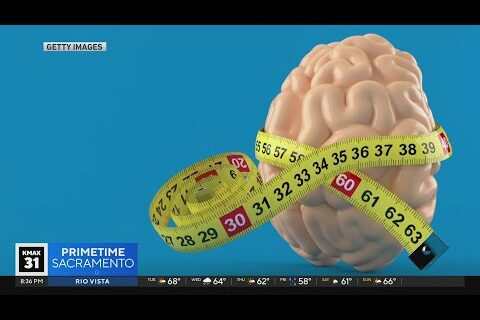
Today’s Brains are 6% Larger with 20% Less Dementia
A long, long time ago (1930), brains were smaller. Are today’s bigger brains connected to improvements in rates of dementia?

A long, long time ago (1930), brains were smaller. Are today’s bigger brains connected to improvements in rates of dementia?

DEMENTIA is a group of symptoms common to over 50 disorders. Alzheimer’s disease is the most common type of dementia. Learn about the 10 most common types of dementia.
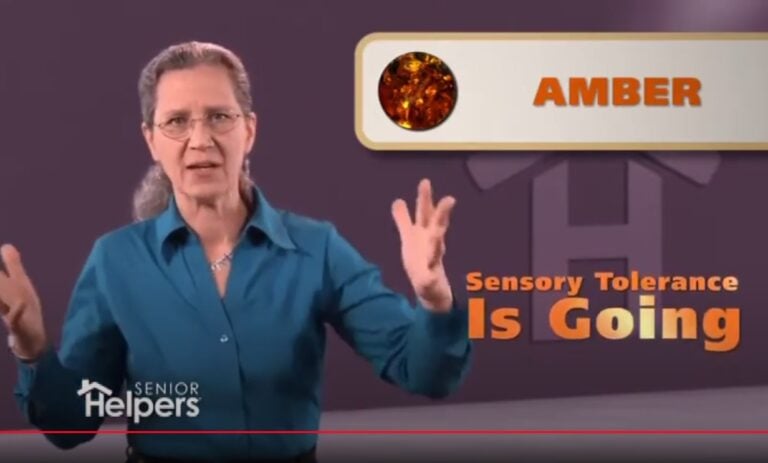
Communicating a person’s stage of dementia helps everyone give better care. Expert Teepa Snow uses gems to visualize those stages and emphasize the abilities patients still have. Learn this powerful tool.

Ever walk into a room with some purpose in mind, only to forget what it was? It turns out, doors themselves are to blame for these strange memory lapses. Can this contribute to dementia’s wandering, confusion and problems with traveling?

Watch this uniquely clear overview of the steps you can take to diagnose or prevent most types of dementia, including Alzheimer’s.
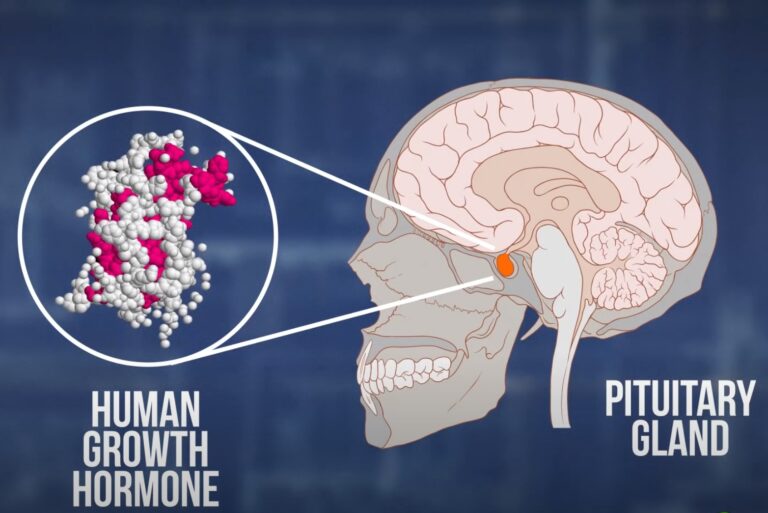
VIDEO + ARTICLE:
Everyone knows Alzheimer’s is not catchy, but a new study shows it might be “transmissible”. Learn the difference and find out what it means to research.

It looks like a sneeze cannot give anyone Alzheimer’s. While Alzheimer’s abnormal disease proteins do spread from cell-to-cell, they are not “infectious”. Check out the facts.

Mayo Clinic professionals discuss the essentials of Alzheimer’s in this information-packed video.
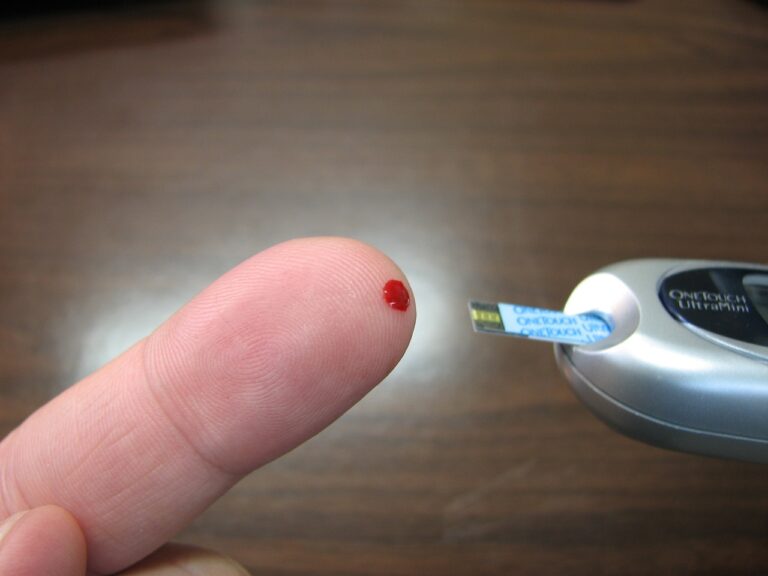
Mayo Clinic, America’s top research center, asked, “Is Alzheimer’s triggered by a form of brain diabetes?” An insulin nasal spray may help.
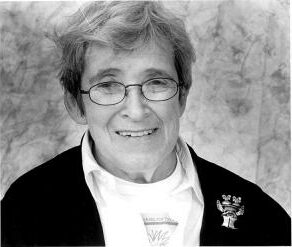
In dementia, art is often expressed at a much higher level than other activities. People engaged in artistic activities when they were healthy may hold on to these abilities in a way that seems to defy Alzheimer’s. See the remarkable case of one Canadian sculptor.

A new pineapple turmeric apple cider vinegar blend from Bragg is turning heads—not just for its flavor, but for its potential brain-boosting benefits. Could this tangy tonic play a role in Alzheimer’s prevention?

All a caregiver for Lewy Body Dementia needs to know, from symptoms to diagnosis to care for their loved one and themselves, for the entire caregiving journey. Part memoir and part help book.
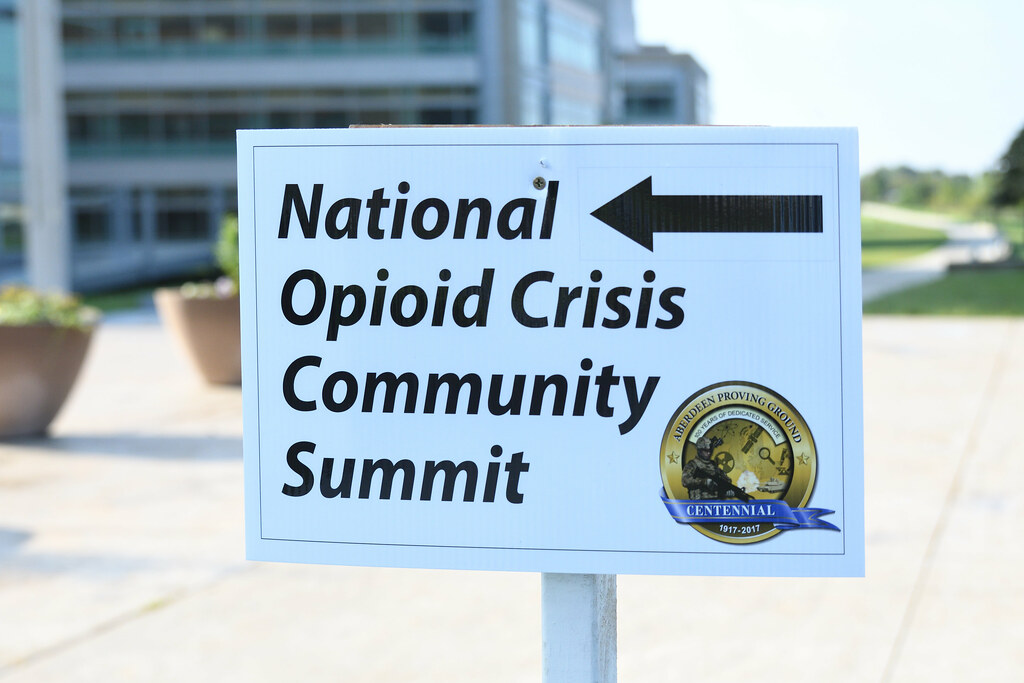
Does pain relief risk cognitive cost? A major new study of almost 200,000 people says yes—and the price may be higher than we thought.

SHORT-TERM MEMORY lapses are obvious signs of Alzheimer’s, but other tell-tale signals begin to show much earlier. Learn how to look for semantic impairments, such as simple questions about size.

Three important dementia studies focus on HS-AGING, a type of dementia almost as common as Alzheimer’s in the 85+ group. Yet few people have heard of it. Why? What makes it different?

An intriguing study of 120 grandmothers might surprise you. Doctors know socially engaged people have better cognition and less dementia. But can a person get too much of a good thing? What’s the right balance?

Enjoy this great duet between a musician with dementia and his son. A triumph of spirit over Alzheimer’s! Sing-a-long if you like!
No spam, only news and updates.



This site was inspired by my Mom’s autoimmune dementia.
It is a place where we separate out the wheat from the chafe, the important articles & videos from each week’s river of news. Google gets a new post on Alzheimer’s or dementia every 7 minutes. That can overwhelm anyone looking for help. This site filters out, focuses on and offers only the best information. It has helped hundreds of thousands of people since it debuted in 2007. Thanks to our many subscribers for your supportive feedback.
The site is dedicated to all those preserving the dignity of the community of people living with dementia.
Peter Berger, Editor